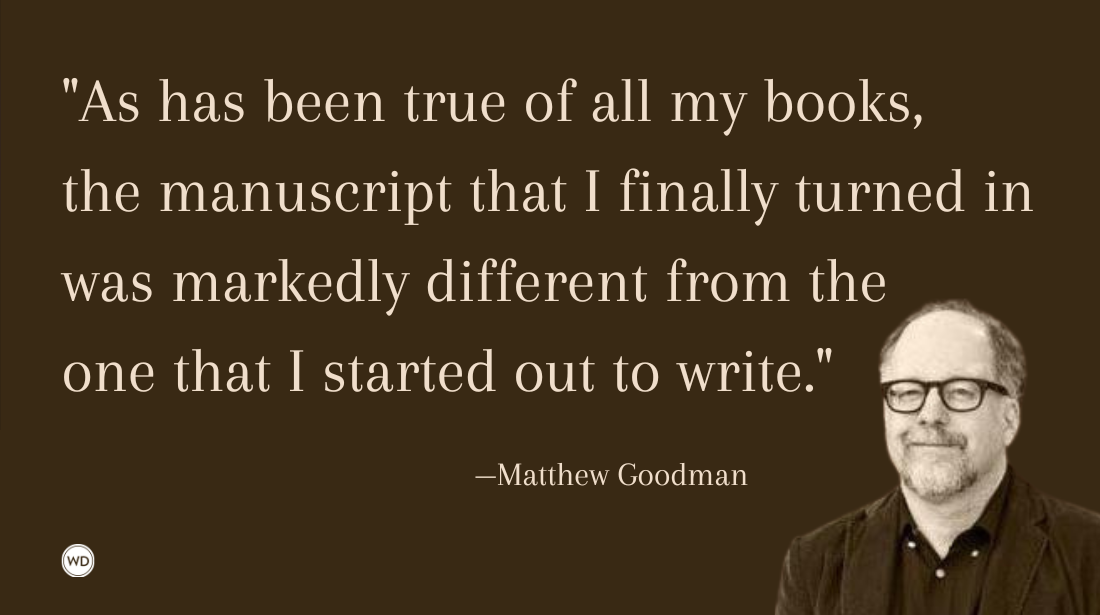Passed vs. Past (Grammar Rules)
Learn when to use passed vs. past on with Grammar Rules from the Writer’s Digest editors, including a few examples of correct usages.
A common error I notice on social media is the misuse of the words "passed" and "past." There are times when both words refer to something similar (namely, a time previous to now), but there's an easy way to know when to use each word.
So before the moment passes, let's look at passed and past.
Passed vs. Past
Passed is almost always used as the past tense verb for "to pass." The verb "to pass" can be used in a variety of ways, including to throw, to go, or to die (as well as many other meanings), but the important part is that the word "passed" is nearly always used as a verb.
Two exceptions are for the nouns "passed ball" and "passed pawn." Both are terms used in baseball and chess respectively, but even in these cases the term "passed" refers to the action "to pass."
Past, on the other hand, can be used as an adjective, preposition, noun, and adverb. However, it cannot be used as a verb. So a person from your past (noun) could refer to a past (adjective) teacher while driving past (preposition) the old school as the time went past (adverb), but they can't use "past" as a verb.
Make sense?
Here are a few examples:
Correct: She passed him a roll of quarters.
Incorrect: She past him a roll of quarters.
Correct: He walked past the haunted house.
Incorrect: He walked passed the haunted house.
Correct: She passed the point of past attempts.
Incorrect: She past the point of passed attempts.
What passed may be in the past, but the past has not ever truly passed. That's because the past—like the present that precedes it—is constantly evolving. But it's easy to remember when to use "passed" or "past" in your own writing. "Passed," which has the verb "pass" in it, can only be used as a verb; meanwhile, "past" is used in all non-verb instances.
*****
No matter what type of writing you do, mastering the fundamentals of grammar and mechanics is an important first step to having a successful writing career.
Robert Lee Brewer is Senior Editor of Writer's Digest, which includes managing the content on WritersDigest.com and programming virtual conferences. He's the author of 40 Plot Twist Prompts for Writers: Writing Ideas for Bending Stories in New Directions, The Complete Guide of Poetic Forms: 100+ Poetic Form Definitions and Examples for Poets, Poem-a-Day: 365 Poetry Writing Prompts for a Year of Poeming, and more. Also, he's the editor of Writer's Market, Poet's Market, and Guide to Literary Agents. Follow him on Twitter @robertleebrewer.








